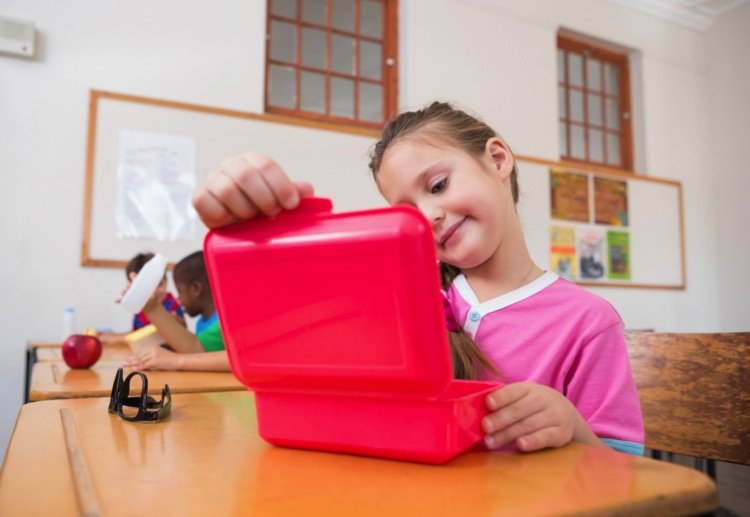Australian parents are setting their kids up for poor heart health after a study found two thirds consume too much salt and don’t get enough potassium.
A study of more than 650 Victorian primary school-aged children, published in journal The BMJ, found sodium levels in their urine were about twice that of potassium, reports 9 news.
For good heart health children need to be consuming equal amounts of these minerals, says lead author Carley Grimes from the Institute for Physical Activity and Nutrition at Deakin University.
“When we eat too much salt that actually raises blood pressure and that’s even been shown in children. Conversely if you eat higher amounts of potassium it helps to lower blood pressure and that’s also been shown in children,” Dr Grimes said.
“You look at that ratio of salt to potassium in the diet as a kind of quality marker for protecting blood pressure levels and cardiovascular health long term. The kids in this study were having more than double the amount of salt than potassium so that’s concerning for blood pressure and cardiovascular health long term,” she said.
For the IPAN salt study 666 children aged 4-12 were required to provide a urine sample. A parent and child food questionnaire was also used to report on the consumption of discretionary salt. Overall, the average intake of salt was 6.1 grams of sodium per day.
Major sources of sodium were bread, mixed cereal based dishes and processed meat, while nearly half of all participants’ daily sodium intake came from discretionary junk foods.
Four-to-eight year-old children were having 5.3 grams per day and five to 12-year-olds were having 6.6 grams per day.
“Four to eight year-olds should eat no more than 3.5 grams of salt per day and nine to 12 year-olds should be consuming no more than five grams per day,” said Dr Grimes.
“When we look at the whole sample compared to the dietary guidelines seven out of 10 children exceeded that recommendation and that recommendation is the maximum amount of salt they should be having, so it’s really quite concerning.”
The analysis also showed the ratio of sodium to potassium was out of balance at 2:4 respectively.
Dr Grimes blamed this on a lack of fruit and vegetables and excess salt being added to family staple foods like bread and cheese.
“You get potassium from milk, fruits and vegetables and children aren’t eating enough fruits and vegetables. We know that from our other national nutrition surveys,” Dr Grimes said.
To improve the sodium and potassium profile of school children Dr Grimes has called for food reformulation in Australia and says parents should be demanding this as consumers.
“Even if parents are doing everything right it’s still hard in the current food environment to get salt intakes down.
“If there is more demand for products that have less salt in them and there is awareness in the community I think that’s really important,” Dr Grimes said.
Do you closely monitor your children’s diet and how much salt and sugar they intake daily?
Share your comments below.
Stock photo




















-

-
-
june11 said
- 11 Nov 2017
-

-
-
BellaB said
- 01 Nov 2017
-

-
-
Ellen said
- 01 Nov 2017

-

-
-
country chick said
- 01 Nov 2017
-

-
-
youngoldlady said
- 31 Oct 2017
-

-
-
ashna9 said
- 31 Oct 2017
-

-
-
Kasey said
- 31 Oct 2017
-

-
-
mom160421 said
- 31 Oct 2017
-

-
-
mom206279 said
- 31 Oct 2017
-

-
-
mom90758 said
- 31 Oct 2017
-

-
-
mom266216 said
- 31 Oct 2017
Post a comment7:45 pm
9:48 am
8:04 am
7:20 am
11:13 pm
7:34 pm
6:31 pm
5:51 pm
3:59 pm
2:54 pm
2:46 pm
To post a review/comment please join us or login so we can allocate your points.